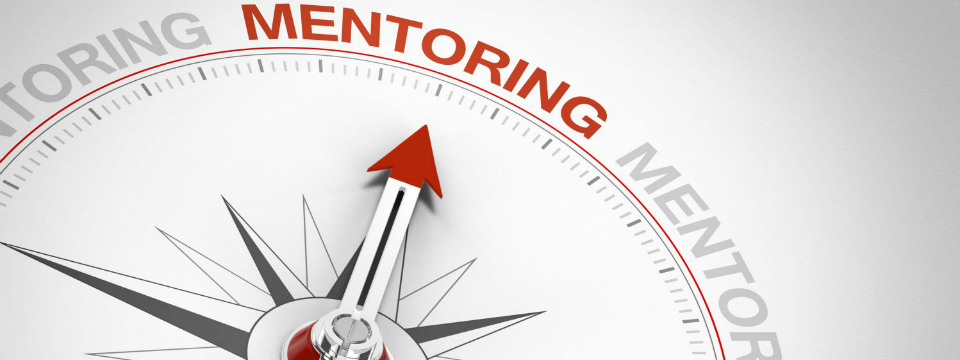Why do some mentoring relationships “click” while others fail?
by Jean Rhodes Even the most caring, consistent mentors may struggle to connect with certain youth, while other matches just seem to click from the start. Researchers have found that the quality of adult-youth relationships is conditioned by a wide range of individual, family, and contextual influences, including: 1. Interpersonal History Children and adolescents who […]











